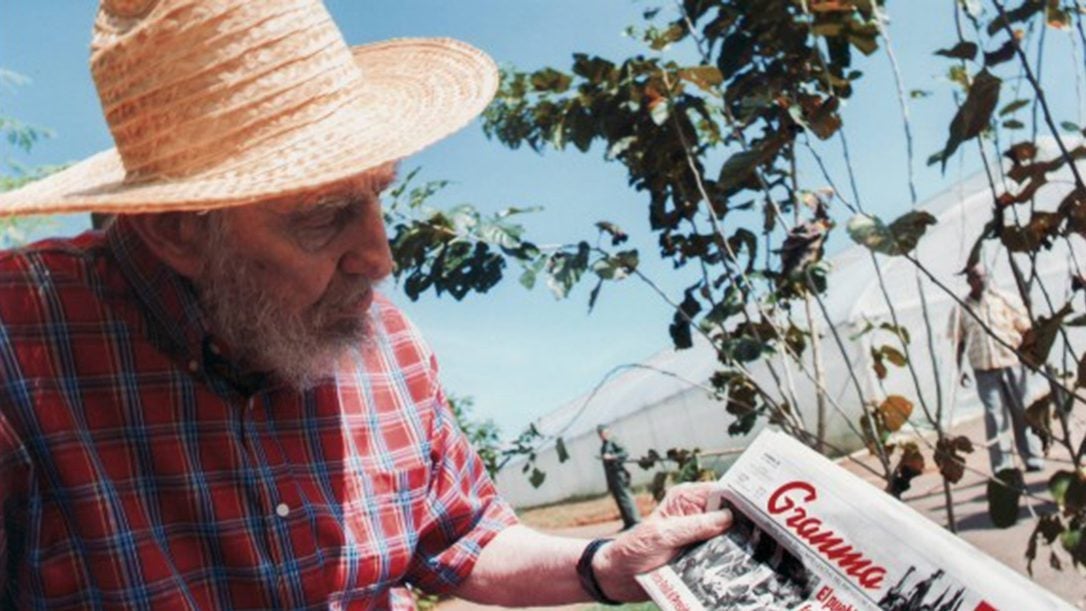An author of a Castro obituary in the Washington Post died a decade before Castro did
Cuban revolutionary Fidel Castro died today at the age of 90, and you can read about his life in obituaries in the New York Times, BBC news, the Miami Herald, and countless other publications. But the writers of these detailed obits didn’t rush to research Castro’s life when the news of his death broke overnight. Obituaries are often written years in advance and, in this case, it shows.


Cuban revolutionary Fidel Castro died today at the age of 90, and you can read about his life in obituaries in the New York Times, BBC news, the Miami Herald, and countless other publications. But the writers of these detailed obits didn’t rush to research Castro’s life when the news of his death broke overnight. Obituaries are often written years in advance and, in this case, it shows.
As LA Times journalist Amy Fiscus pointed out on Twitter, many of the Castro obit bylines are from journalists who no longer work at those publications. And in the case of the Washington Post’s Castro obituary, one of the writer’s, J.Y. Smith, had his own obituary published in 2006.
In order to publish detailed, carefully written obituaries of great figures, newspapers pre-write obits of famous people long before their deaths. Glenn Garvin, who wrote the Miami Herald obit of Castro, said that the first draft of his piece was ready 15 years ago.
It’s a somewhat macabre section of the newspaper and means that, if you’re older than 80 and very famous, a journalist somewhere has probably pre-written the news of your death. Following Castro’s death, the system has worked well to create timely, well-written obituaries.
But pre-writing does come with the risk of embarrassment if false news of a death breaks and an obituary is printed while the subject is still alive. Castro himself was subject to reports that he was dead or near-death for several years.
When author Mark Twain was the subject of such erroneous reports at the end of the 19th century, he simply replied: “The report of my death was an exaggeration.”